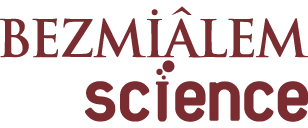ABSTRACT
Objective:
Breast cancer is the most common cancer in women, and early diagnosis and treatment can be lifesaving. Screening methods for the early detection of breast cancer is purposed. This study aimed to measure breast cancer screening for women in Bozkir, Konya and to determine their attitudes and behaviors related to screening.
Methods:
Eighty-six women of >35 years of age who were admitted to the general surgery outpatient clinic for nonbreast problems in the community hospital of Konya province, Bozkır district between June and July 2008 were enrolled in this study. Demographic data, education, occupation, marital status, and place of residence were to be filled in the questionnaire. In addition, knowledge regarding breast self-examination, clinical breast examination, and mammography as well as breast cancer screening information was present in the questionnaire.
Results:
The mean age of the patients was 49.2±11.6 (range, 35–79 years). Totally, 67.5% of patients had elementary school education, 30.2% had high school education, and 2.3% did not have any school education. The ratio of cases who perform routine breast self-examination was 20.9% (n=18). This number was lower in patients who had age >55 years, had no education, and were settled in the village (p=0.018, 0.001 and 0.001, respectively). Seven patients (8.1%) were found to have regular clinical breast examinations, and 16.9% of patients of age >40 had at least one mammography.
Conclusion:
It was found that awareness of breast cancer screening was low in women in rural settings. Health care providers have great tasks such as to boost this awareness.



